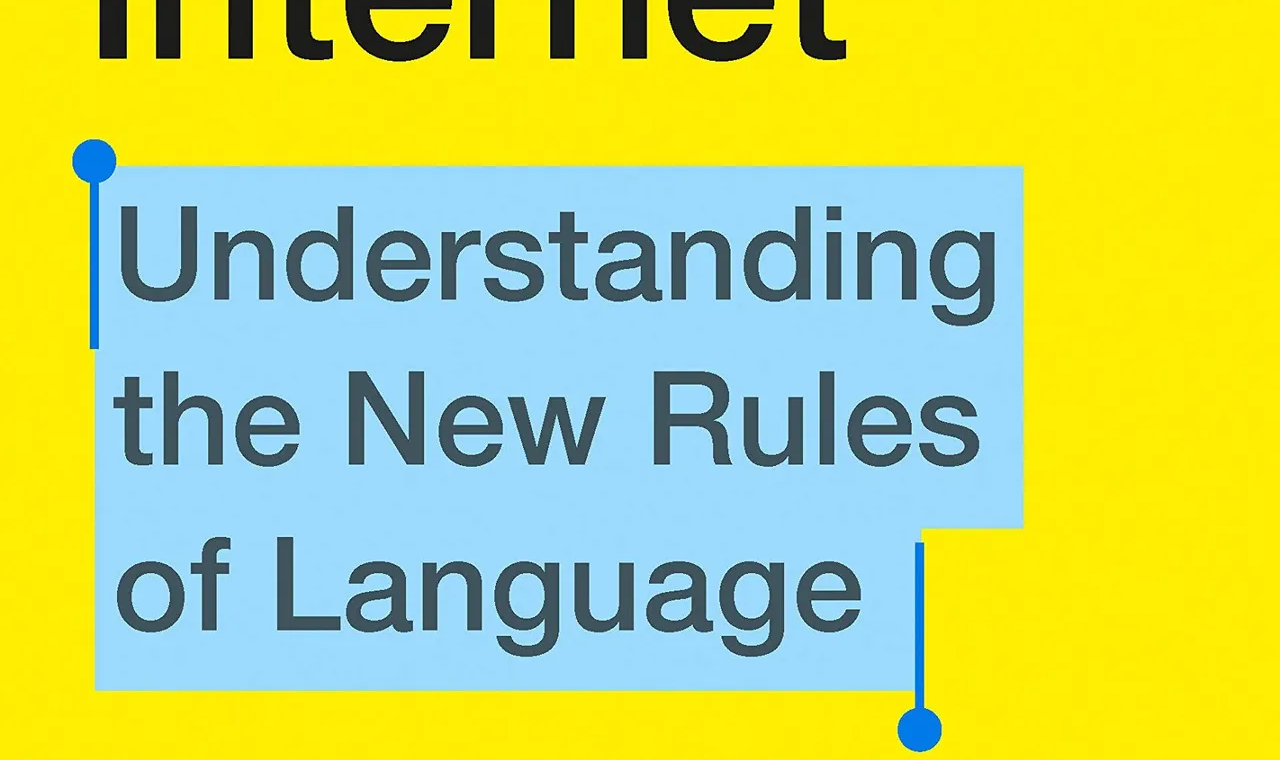As a millennial interested in all things linguistic, I figured I would end up reading this book eventually when I heard about it on one of my favourite podcasts (The Allusionist); I was not, however, very excited to do so. In my experience, the topic covered in this book comes up in conversation pretty often. Maybe a parent or older acquaintance has asked you to explain why youngsters these days use so many exclamation marks in text messages and emails, or why a simple period can be interpreted as overly terse—even passive aggressive. I think, for people like me—who came of age online—these questions are strangely frustrating: like most language skills, learning the “new rules of language” happens naturally, without very much direct effort. Even when you feel like some sort of expert on the subject, trying to explain the rules in any depth to internet outsiders is just, well, difficult.
When I heard about McCulloch’s book, I assumed it would be frustrating in this same way: too shallow to really learn anything new about the mysterious language rules that I already probably know. But yay, I was wrong! Because Internet is a fascinating read—I didn’t want to put it down, and I didn’t want it to end. McCulloch really dives into the nitty-gritty details of (predominantly English) language change since the early days of the internet. The way her dual roles of linguist and internet person play off each other makes for a productive and fun-to-read exploration of her topic.
In various ways, McCulloch explores the role the internet has come to play in our social lives, and, of course, how its existence has affected the way we communicate with one another. She categorizes the various types of internet users and considers why each group communicates in its own particular way online: e.g., why older generations so often use ellipses (…) and other repeated forms of punctuation to separate thoughts (turns out this was quite common in earlier iterations of informal written language, like letters and postcards), while youngsters just hit “send” after each distinct utterance, almost defeating the purpose of using any punctuation at all. Another highlight is her deep dive into what “lol” actually means these days, in all its nuanced complexity—because, as you’ve probably noticed, it very rarely indicates the literal act of laughing out loud. “Lol” can be used to create a passive aggressive tone; it can be used as a subtle request for empathy; it can soften a moment of confrontation. If any of this sounds even mildly interesting to you, I highly recommend picking up a copy of Because Internet—even if only to give you a few solid anecdotes for the next time a boomer asks you to explain millennial texting etiquette.
– Emma

